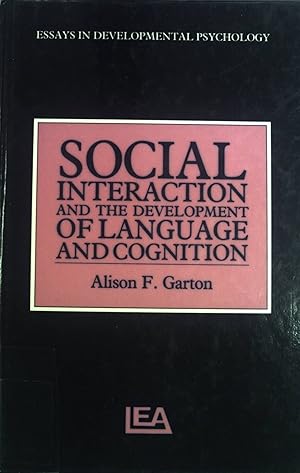Riassunto:
For students of developmental psychology, this book should be a useful reference guide to the main concepts concerned with "motherese", scaffolding, socio-cognitive learning and joint problem solving. It is also a contribution to the debate on the influence of social behaviour on development.
Recensione:
This book makes an elegant and concise synthesis of the major theories of developmental psychology, relating to cognitive and language development. This is a timely contribution with so much research being carried out in the socio-cognitive domain. The book is a review and as such, makes a good starting point from which to read in more detail about the increasingly influential theories of Vygotsky, for example. For students of developmental psychology, therefore this book may be an indispensable reference guide to the main concepts concerned with 'motherese', scaffolding, socio-cognitive learning and joint problem solving. It is also a valuable contribution to the debate into the influence of social interaction on development. - M. Allerton in The International Journal of Early Childhood
The book has its roots in the tradition of developmental psychology, but also incorporates a good deal of research conducted by linguists. It is one of the strengths of the book that it manages to bridge the gap between these two disciplines, to combine research findings relating to cognitive and linguistic development, and effectively to chart a portion of interdisciplinary territory. - Clare Tarplee, National College of Speech Sciences, in Child Language, 1994
Le informazioni nella sezione "Su questo libro" possono far riferimento a edizioni diverse di questo titolo.
![]()
